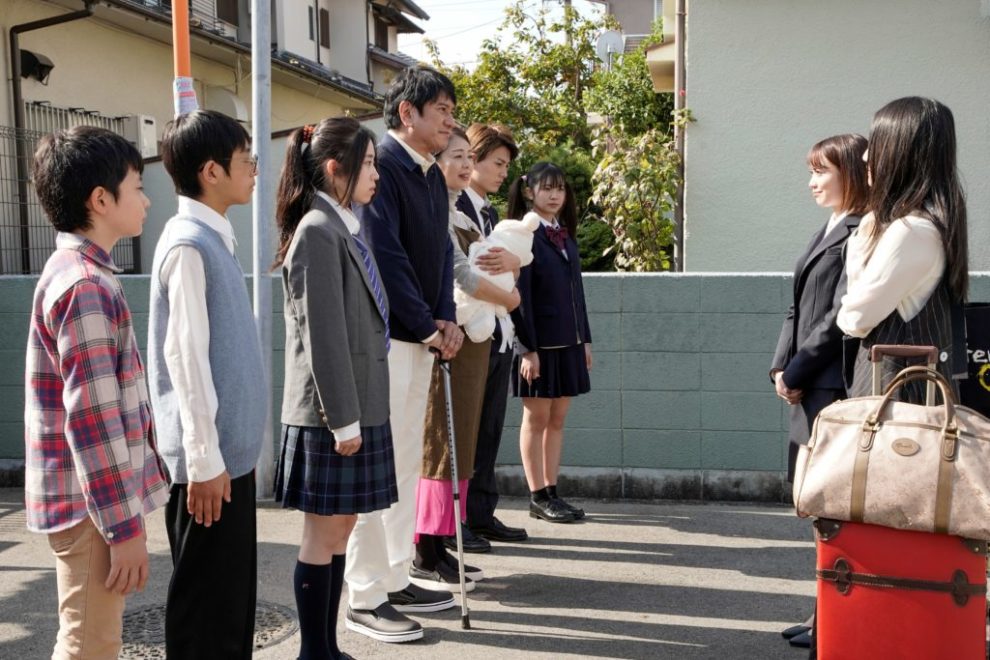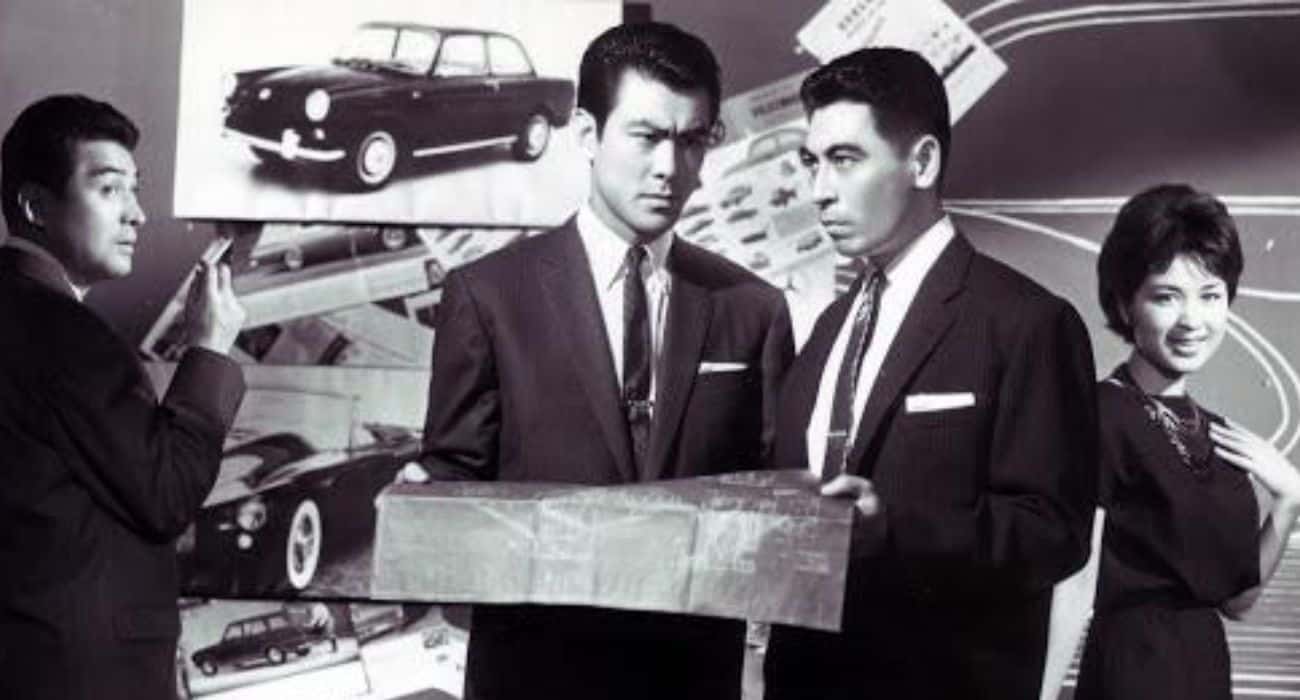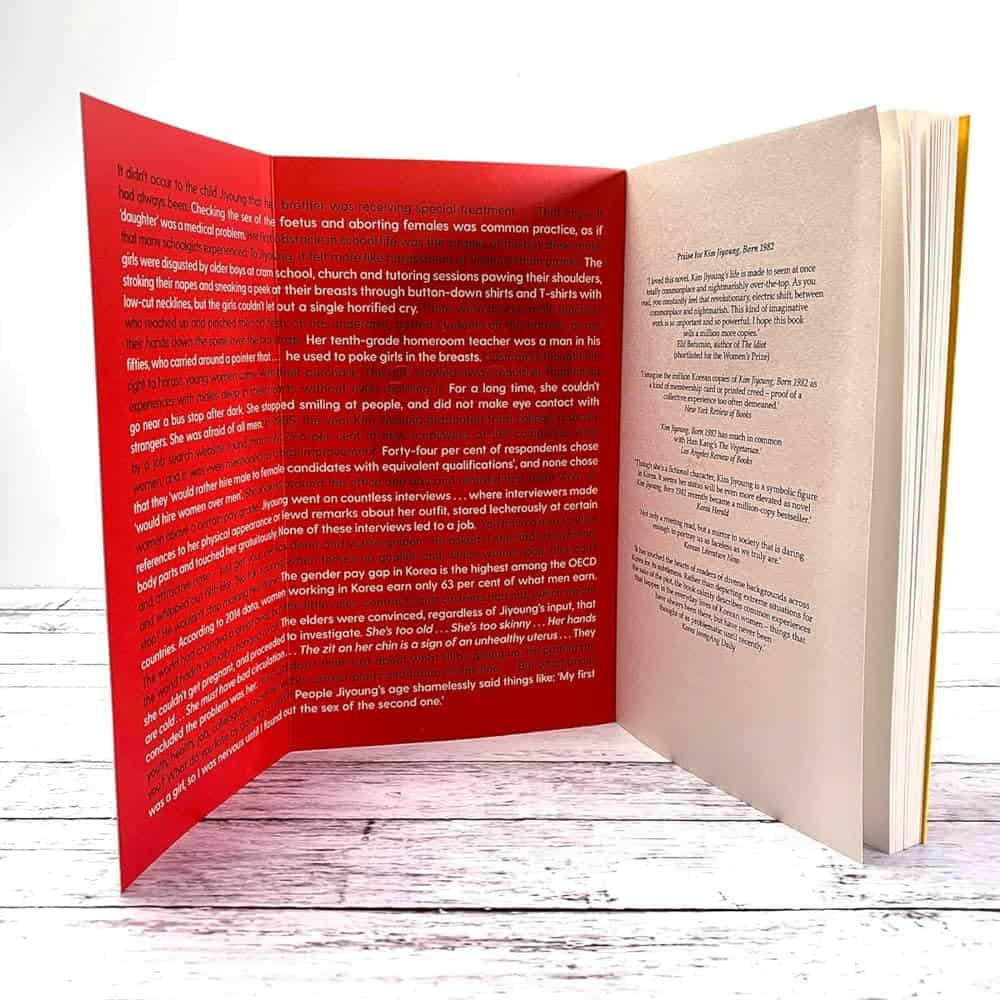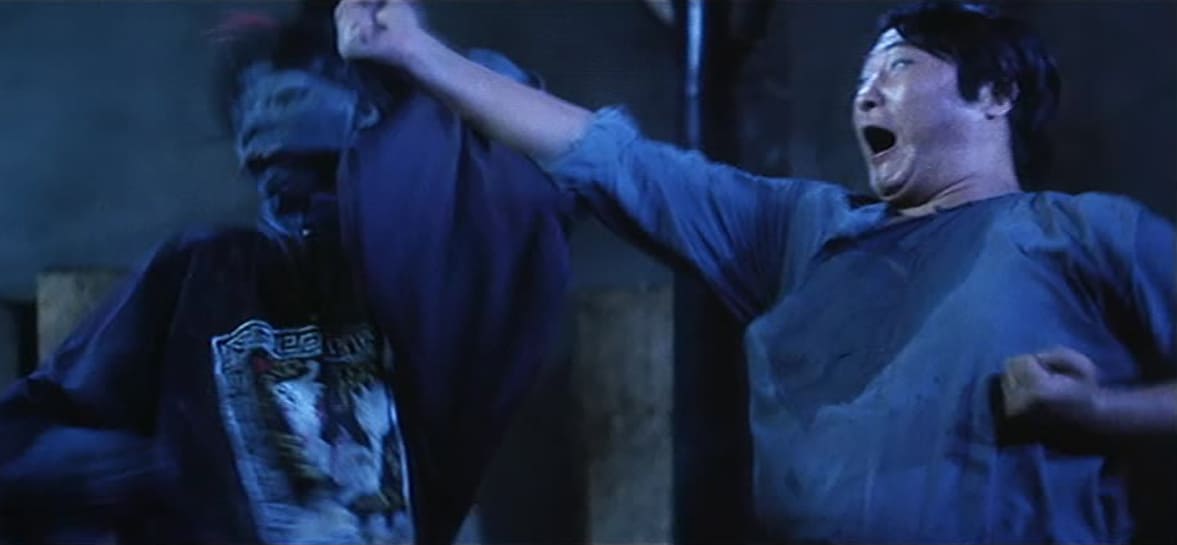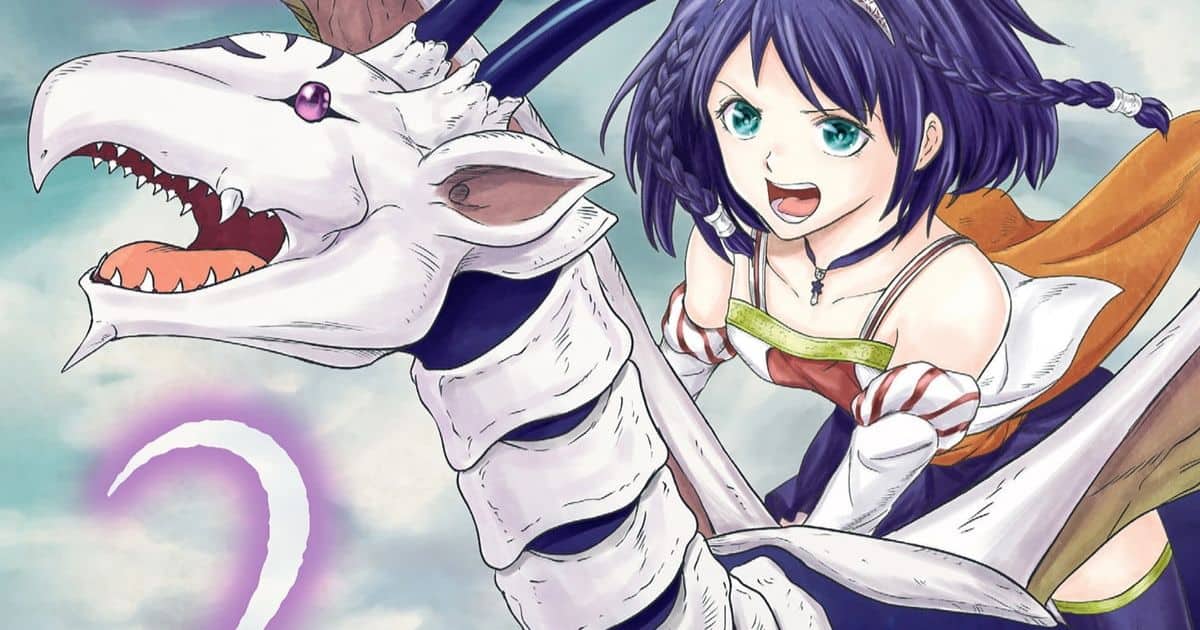Selected to air for the Spotlight on Japan section of the Hawaii International film festival, Isamu's Nagaseki “Foster Family” follows Akane, the older daughter of a married couple that runs a foster home for children in need. As her mother suffers from a terminal ilness, she expresses her dying wish to her daughter. Akane has to find a forever home for every child of this unique orphanage by the time her mum is dead.
Foster Family is screening at Hawai'i International Film Festival

The initial idea the director and screenwriter Isamu Nagaseki had was to discuss a matter known about Japan worldwide, that the country lacks big in the field of children social services. Unwilling to use exploitation techniques, he avoids strong images of neglection and chooses a comedic and not dramatic at all way of storytelling to fit in an already masterfully crafted bunch of movies Japanese cinema has gracefully offered to communicate child loneliness and alienation. This is the good news. Although is quite clear that the director has only good intensions – he wants to direct his characters as loveable, kind and considerate creatures – unfortunately he lacks talents, plot, dialogue and finally, he seems unable to communicate that cinematic feeling to the viewer.
In the introductory scene of the movie, in which Akane forces into the bedroom to wake up her foster brothers and sisters, the problematic, as i stated earlier, dialogue makes a first bold appearance with the exchange of a superficial and pretending to be live and comedic conversation. This script tries so hard that sounds unnatural throughout the whole movie, as unnatural that fake baby looks in the bunny suit that everyone holds from time to time. Not to mention the failed guidance the actors have been given (or haven't been, i can't really say) to display the totally respected Japanese ethic of “speak of it as you mean it” that they yell unnecessarily to each other in a hillarious way.
“Foster Family” suffers ,along with the majority of other small and independent productions nowadays, in looks. The cinematography is so digitally sharp that I never got the feeling that this movie could ever appear at some point in a big screen. A film must look and feel like a film and not like an american soap-opera or k-drama. And what about that scene with the wondering dad on the bridge recorded by a drone or with the use of a Jimmy Jib that loses rates?
On the positive side, I appreciated the fact that Nagaseki wishes to include as much as he can to his movie about child neglection, the cases of past abuse that come to a dead end and repeat themselves, and even the inconvenient truth that when a child leaves the foster home there's no reassurance that things will work out in the adult life after all the trauma. There's also a potential romance that's going on betwen Akane and Takeru, the older boy from the foster siblings, that could have been developed in a nice side story, but there's really no room for it to bloom with all these ideas happening.
Lastly, with the hope that it can still tell an intetionally funny sequense apart from an ill-fated funny sequense, “Foster Family” totally fails to represent the dramma genre, but it won't hurt you to stream the movie on its vitrual screening at HIFF. You could see how a movie that people really dedicated their love and time to make, eventually didn't work out as expected.


